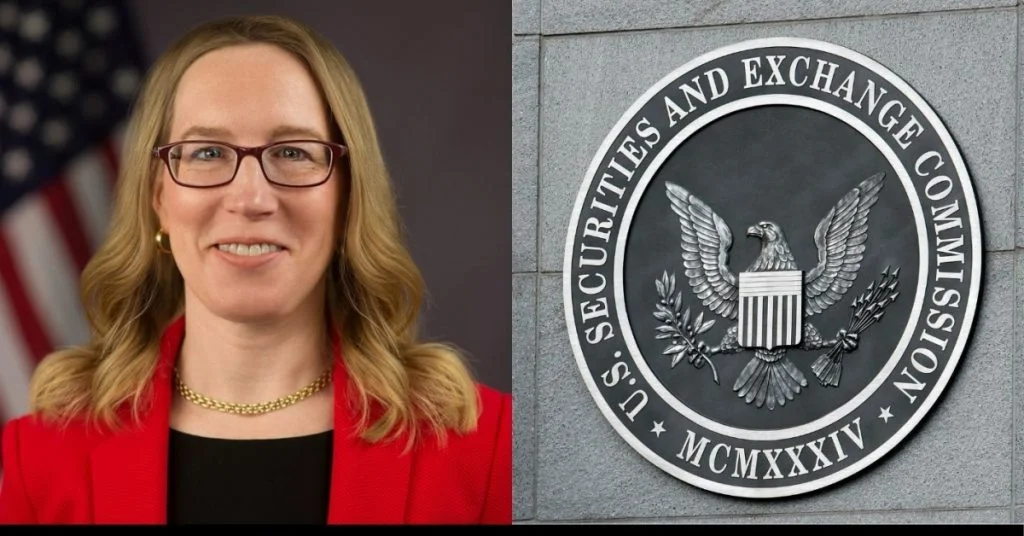SEC commissioner Hester Peirce has expressed her concerns about the regulatory body’s delay in the Bitcoin ETFs, she also stated that the SEC has shown double standards towards the Bitcoin ETF proposals.

The Republican SEC commissioner, Hester Pierce, argued against the Securities and Exchange Commission’s (SEC) previous denials of clearance for a Bitcoin ETF.
Bitcoin, according to Pierce, is a continually and rapidly growing business that the SEC has long overlooked. With the mounting and heated demand for Bitcoin ETF, it is evident that the SEC’s previous arguments for crypto ETF rejections were nothing more than excuses.
“I thought that if we had applied our standards as we have applied them to other products, we would already have approved one or more of them…With each passing day, the rationale that we have used in the past for not approving seems to grow weaker.”, Pierce told CNBC.
The SEC Commissioner questioned the agency’s double standards, citing the lengthy, stringent, and complicated approval procedure for digital asset ETFs vs minimal filtering for traditional bond or commodity ETFs.
Officials confirmed the commencement of a thorough investigation of the market to make the necessary improvements shortly after Pierce expected another delay or rejection from the SEC.
In earlier years, the SEC justified its rejection of a Bitcoin ETF by claiming that the market was too small to function in an ETF and that a market as small as bitcoin would be vulnerable to manipulation.
To track bitcoin, investors were compelled to turn to private players like Grayscale. However, during the pinnacle of the bull run, Bitcoin had a trillion-dollar market cap, and institutional usage has been expanding amid regulatory uncertainty.
A number of Bitcoin ETFs have already been licensed in North America, with the Purpose Group being the most popular. Institutional investors’ demand for Bitcoin ETFs is at an all-time high, indicating that they are a success.
Bitcoin’s flaw is also its strength, in that, despite being a highly volatile digital money, its volatility allows for faster and higher gains.
The bitcoin ETF’s passive nature will allow for a lower expense ratio, resulting in more earnings in this “small market.”
